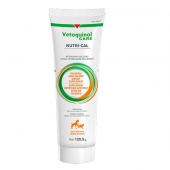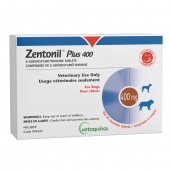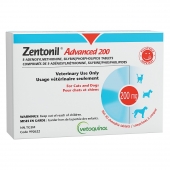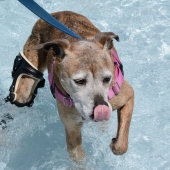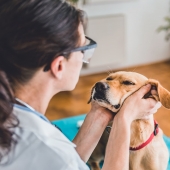Has your pet just had an operation? It is normal for them to be quieter… and all the love and care you provide can only help them get better! Are you worried you are not getting it right? Here are a few practical tips!
Contact your veterinarian if you see any of the following signs:
- His/her health worsens suddenly
- He/she no longer reacts to your presence and/or is apathetic
- His/her breathing is abnormal or has a persistent cough
- He/she vomits, has diarrhea and no appetite for more than a day
- He/she has abnormal swelling (under the bandage, for example)
- The bandage has abnormal weeping, or the skin around it changes colour
- He/she is peeing more often, dirties her litterbox or is unclean
- It hurts him/her to urinate or defecate
- He/she is drinking much more than usual
HOW DO YOU GIVE MEDICATION
Not all pets have the same tolerance for being given pills! If it is too complicated, talk to your vet, who may have some valuable solutions. In any case, it is very important to give the correct dosage for the entire length of treatment!
MY PET HAS A CAST OR BANDAGE, WHAT SHOULD I DO?
After an accident or an operation, your veterinarian may decide to use a tensor bandage, splint or cast. If your animal has a bandage, make sure that the bandage stays clean and dry.
It is important to protect it from rain, puddles and mud when your pet goes outside. Pay particular attention to young puppies and kittens who are a bit “too active” and are not careful with their splint or cast when playing.
If absolutely necessary, put them in a carrier/crate so they have no choice but to lie down and rest. We never like confining our beloved pets, but sometimes it is just important, for their well-being!
WHAT FOOD SHOULD I GO FOR?
Ask your vet what your dog or cat can or should eat. If there is significant weight loss or weakness, it might be necessary to temporarily give her energy foods or supplements such as Nutri-Cal paste.

